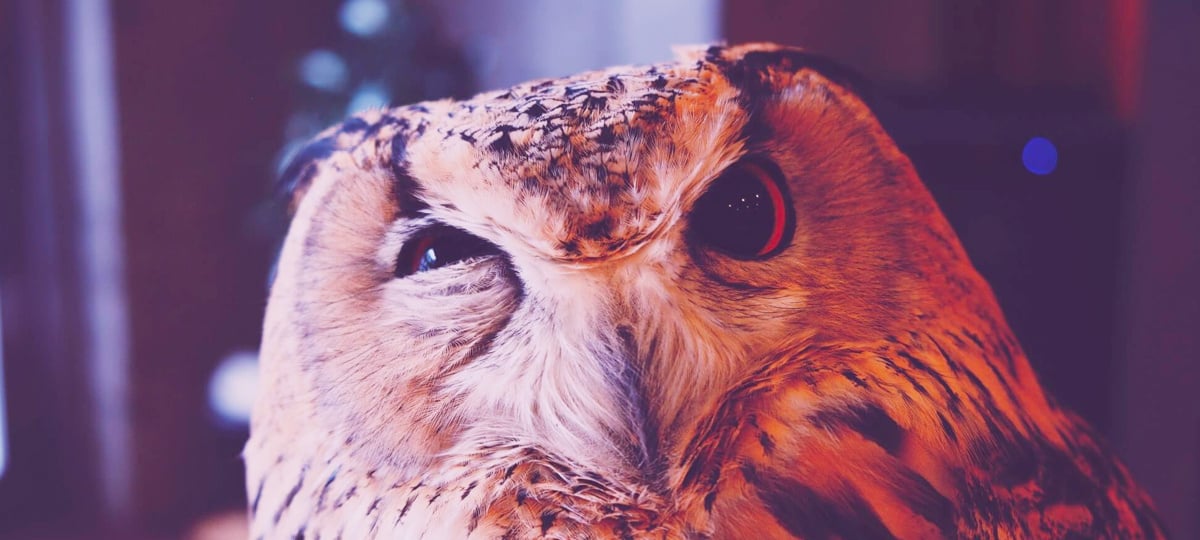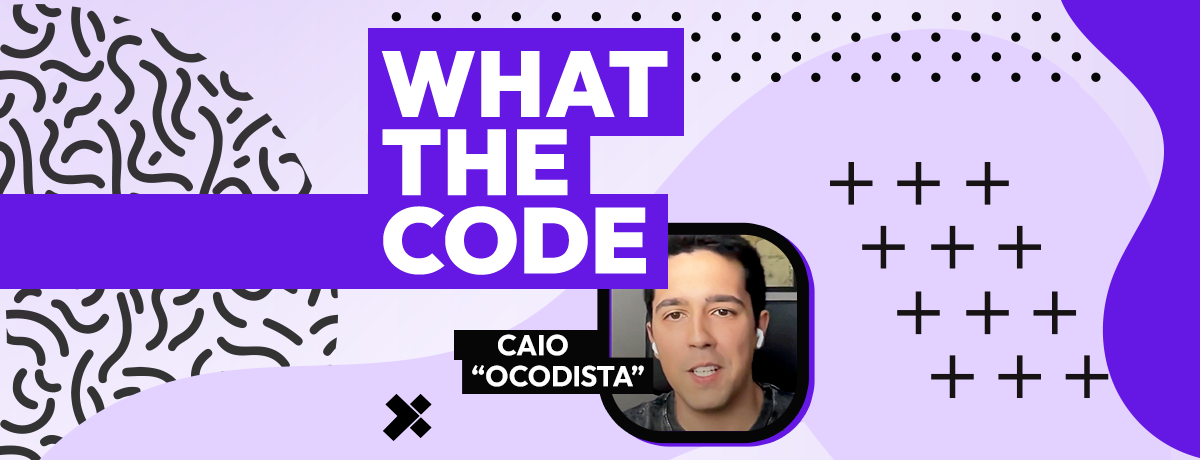
Wednesday afternoon, the late 1990s. Together with my dad, I was walking to my grandparents to drink a bowl of soup. A question popped into my mind.
“Dad, why does my heart beat?”
My dad replied that hearts beat because that's how they pump blood through our bodies. Okay, I thought, but that raises another question. Unless you scrape your knee playing soccer, the blood is already in the body. Why does it need to be pumped around?
Apparently, to push oxygen and nutrients to the places that need it and remove certain types of waste that our bodies naturally produce. Okay, but how does the heart know what to send where and what to take away?
My dad didn't really know. He said that the human body is complex and even the best scientists still have many questions about it. All we know for sure is that it works remarkably well. I agreed with that and forgot my questions when grandma served me a bowl of steaming vegetable soup.
Children are naturally curious. They want to know why the world works the way it does. But somewhere in the process of growing up, we lose that curiosity. We stop wondering. Instead, we prefer those who don't ask strange or hard questions over those who do.
And that's a shame. Without curiosity, we grow bored. The world seems monotonous, gray, and repetitive. We quickly forget how beautiful and remarkable everything actually is:
- Individual grains of sand are jewels under a microscope.
- There's a species of jellyfish that can live forever.
- Tears change shape based on the emotion you feel when you cry.
- There's a power plant in France that produces electricity with cheese.
If you're stuck in a rut, pick a topic you find exciting and dig deep. Ask why? every time you find an answer. You'll notice that curiosity has momentum. The deeper you dig, the more interesting it becomes. That's why X-Team advocates going down rabbit holes. A curious person is an interesting person. Dive into your curiosity and you'll never be bored again.
TABLE OF CONTENTS



